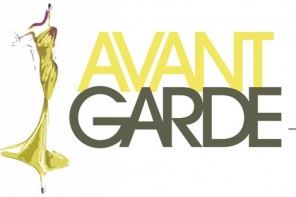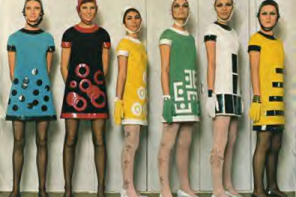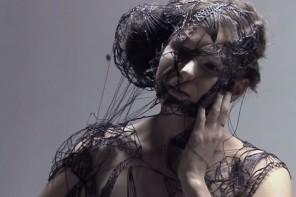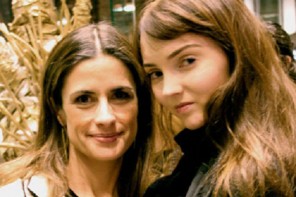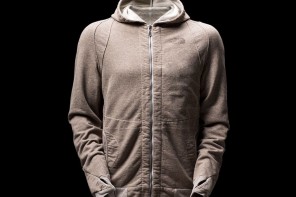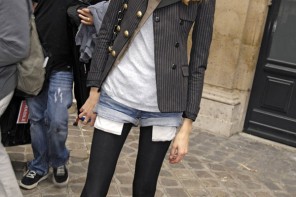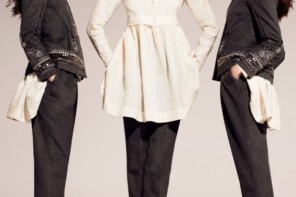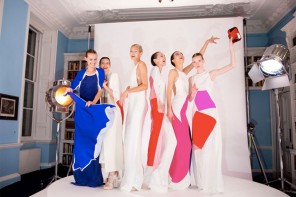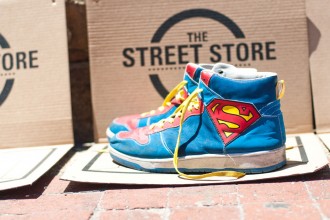Written by: Giulia Simolo
With eco-friendly fashion finding its spotlight, more green designers are lighting up the runways and filling our clothing shops with organic jewels. In celebration of Woman’s Day, here are three fabulous female designers to inspire you to choose greener fashion.
Wendy Shultz – Dimity designer
Although you might have heard of Dimity by now, perhaps you don’t know that in October they will be unveiling their line of eco-friendly wedding dresses. Wendy says she was drawing wedding dresses since she was seven years old, but it wasn’t until she discovered veterinary science wasn’t the right career choice for her in her matric year that she turned her attention to fashion.
So why design a line of eco-friendly wedding dresses? “Most bridal fabrics are imported and undergo chemical bleaching, softening or finishing that is incredibly harmful to the environment. If we use organic natural fibres (cotton and hemp) and sustainably-sourced animal fibres (silk and wool) or simply re-use existing fabrics, then we can avoid these problems all together,” Wendy explains.
For the Dimity EcoBride collection Wendy sourced beautiful rarities as locally as possible, such as “antique Chantilly lace, silk bourette and wild tussah silks that lend a vintage charm to each dress and ensure that each gown is unique,” she explains.
What makes Dimity special as a brand is that each gown is handmade to the bride’s ideal and body shape. And of course it’s Dimity’s sustainable design goals and fabric quality that set them apart in the industry. “It is fantastically rewarding to see the face of your client light up (and in some cases become teary-eyed) when they fit their gown for the first time and experience the thrill of their bespoke garment,” Wendy says.
You can see more of their bridal collection here.
Karen Ter Morshuizen, designer for Lunar
A respect for nature led Karen to settle on better choices for the future, which involve being kind to the environment. “I am largely inspired by nature, in particular landscapes. I have had a longstanding affair with the Karoo and often find reference to it in my work,” she says.
Lunar is concerned about the environment and this is reflected in its designs. “Right from the early days of starting Lunar I used natural fabrics and hand dyed all my own work with pigment dyes,” Karen says. “Over time I have sourced organic options wherever I can and still do my utmost to stick to the naturals.”
Lunar is also largely focused on other environmental concerns, such as making a point to recycle. “We recycle whatever we can, from paper to plastic, and more recently we have started using our fabric to produce paper for packaging,” Karen says.
But she does add how meshing fashion and environmental sensitivity isn’t always easy. “Truth be told, fashion and saving the world are a massive contradiction,” she says. “Fashion is driven by consumption but for me we try to design timeless, ageless clothes of high quality that will one day be found in vintage stores.”
You can see Lunar’s collections here.
Gemma Coll, owner and designer – OllyMolly
“If you are doing what you love, you will always succeed,” is Gemma’s advice to aspiring fashion designers. In fact, it was a love for the environment sewn in with a passion for creativity that led Gemma to designing greener fashion.
“I am passionate about our planet and wanted to make people more aware of what can be done with waste,” Gemma says. “I wanted to implement the practice of recycling in my work as it is something I feel very strongly about.”
Creating beautiful, useful products from waste is an inspiring idea that we can all learn from. After having worked in the furnishing industry, Gemma decided it was time to create a more personal product that people could wear and market while doing so. Enter OllyMolly’s woven bags that are made out of recyclable materials.
“Unfortunately we aren´t 100% eco-friendly due to the clear plastic we use to protect the paper but by recycling the paper and making it into a new product, it prevents it from getting thrown away without regard,” Gemma says. OllyMolly is also committed to playing a role in Africa’s economic empowerment and skills training. When you buy an OllyMolly product you purchase a useable and unique handcrafted work of art, but also contribute towards ensuring that people in the community are continually employed. Check out their creative designs here, including their fun mini shopper and chic poppy purse.
The liveeco team

